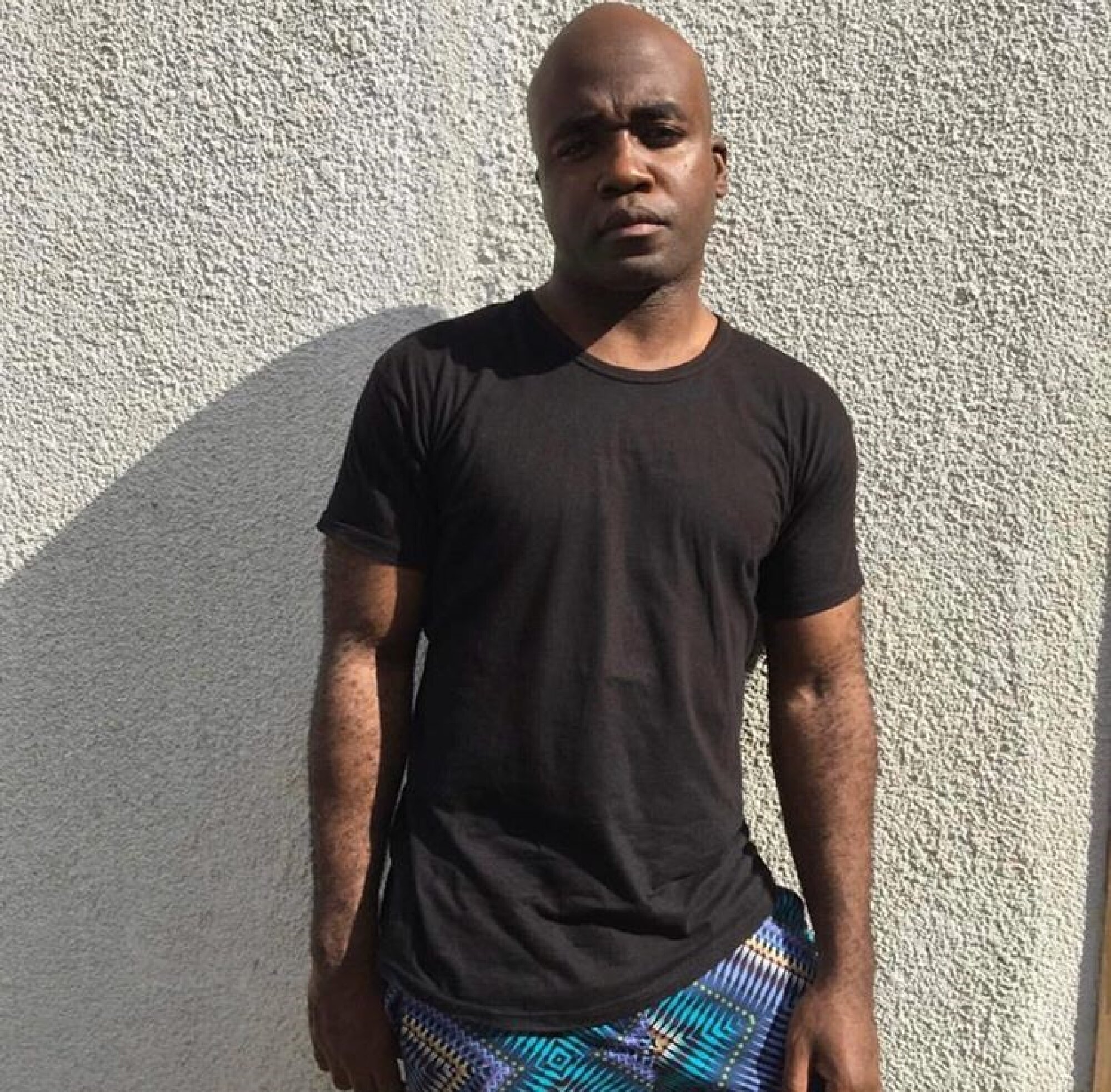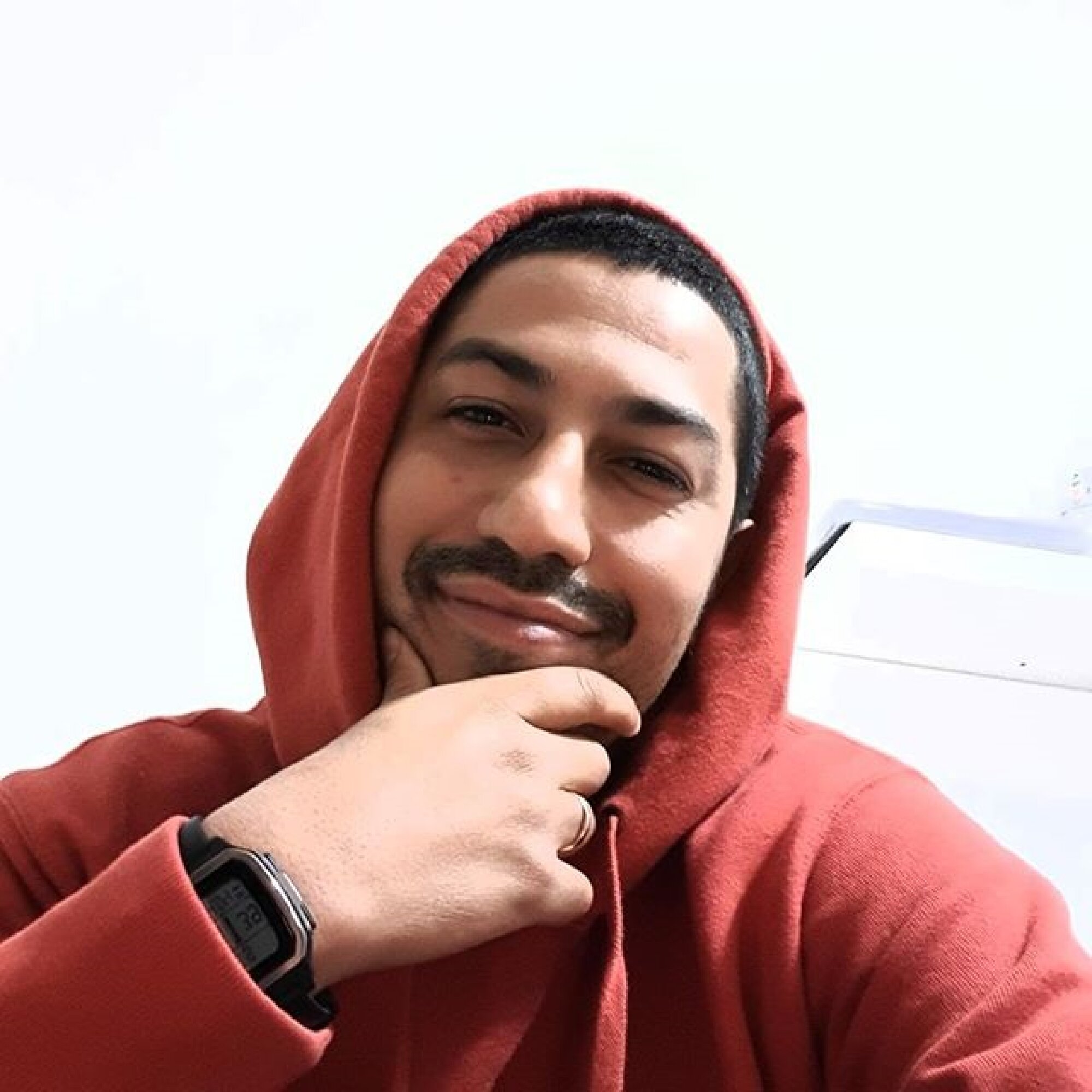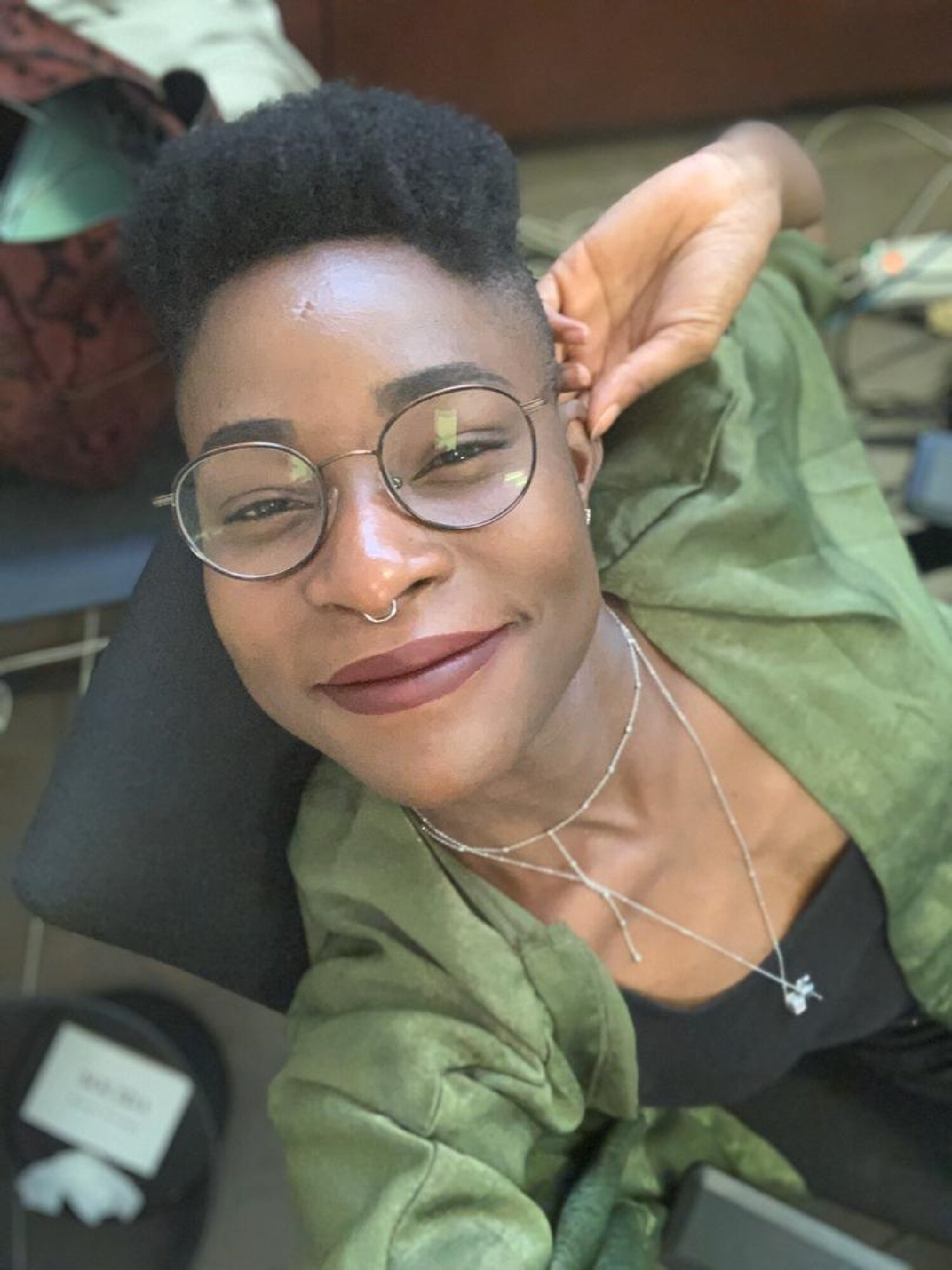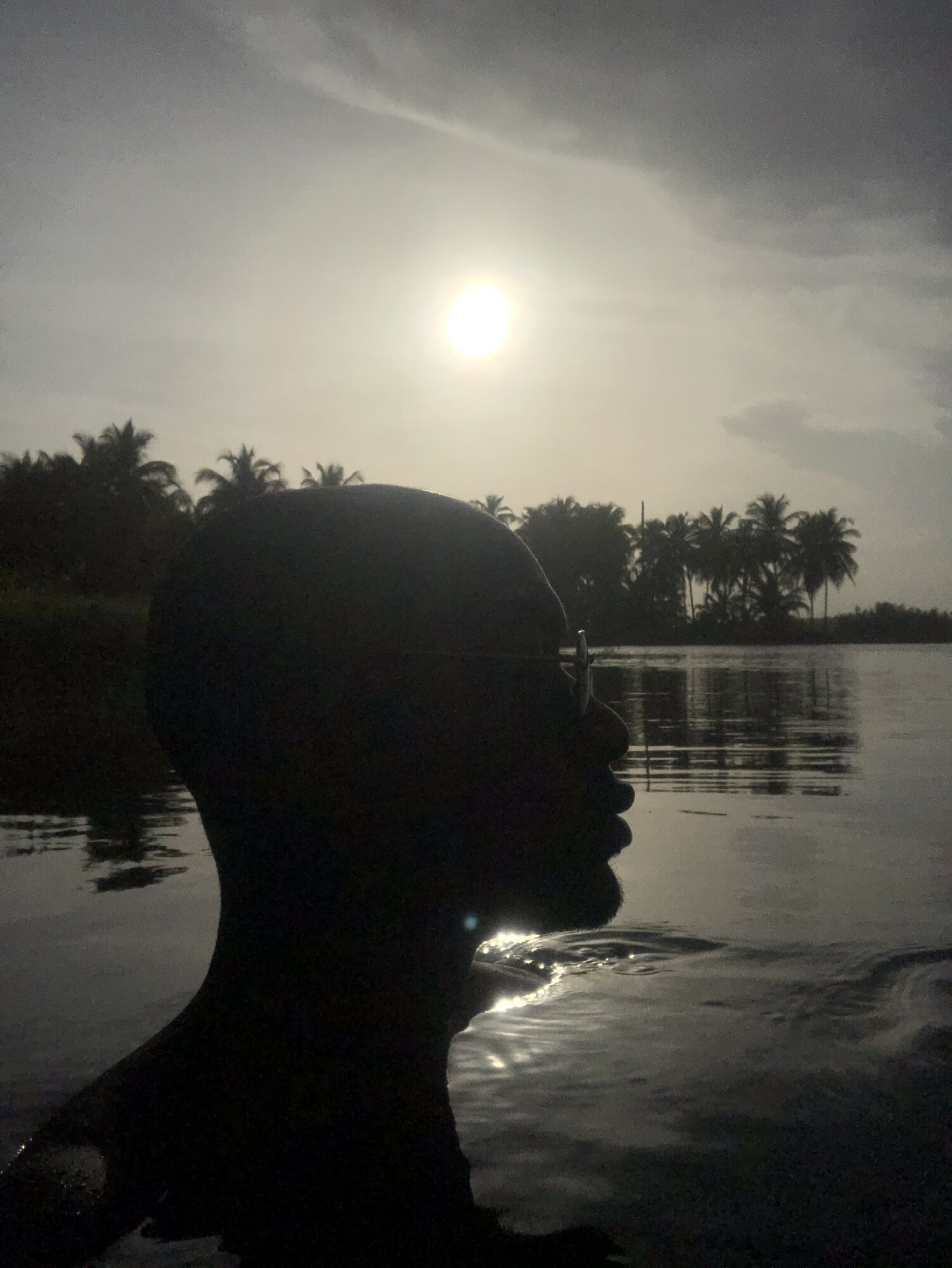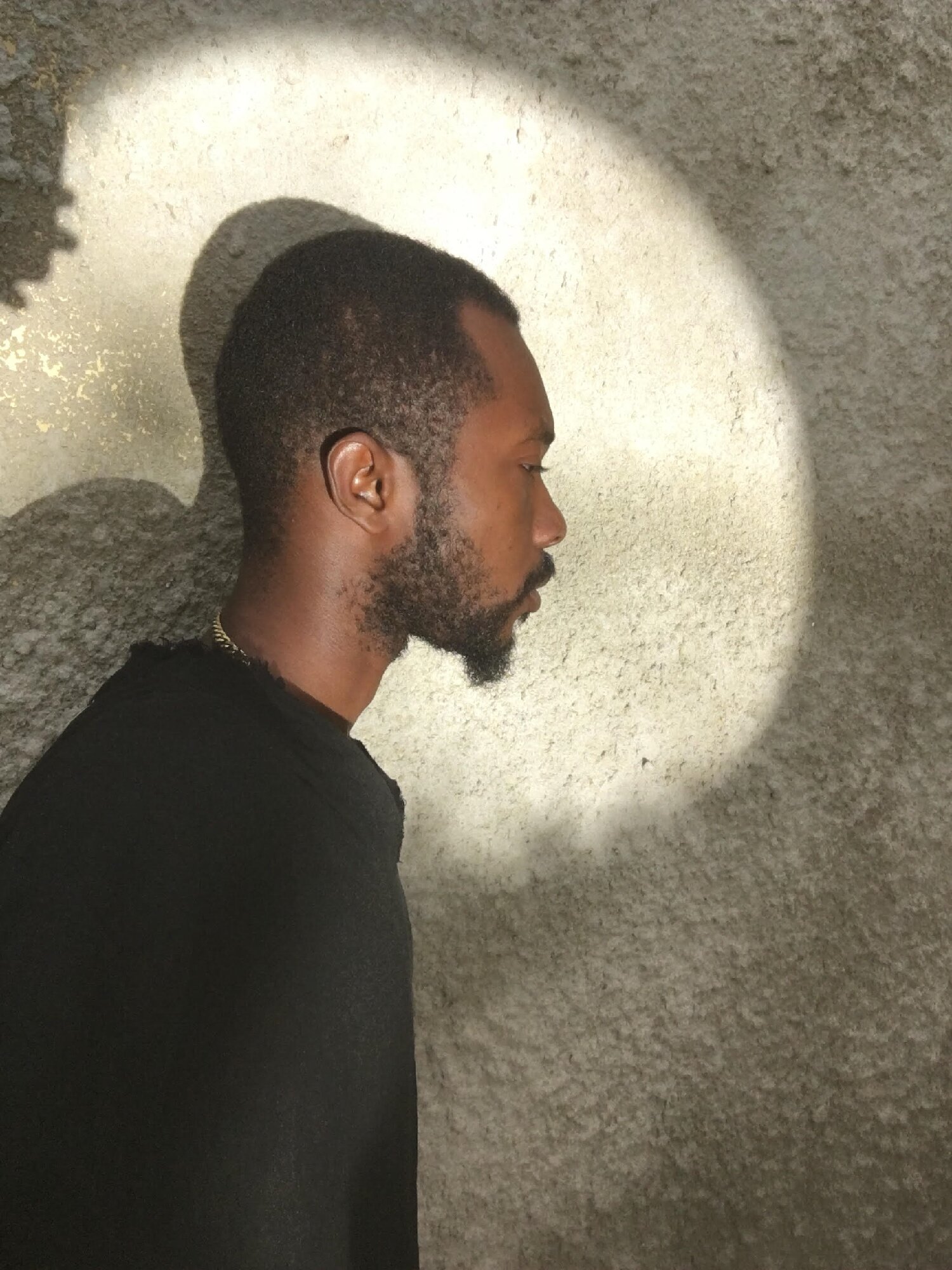In Abidjan, a strong cultural movement in limbo discuss the Covid-19 crisis
At the last La Sunday party held on 9 February in the vast garden of the Donwahi Foundation in Abidjan, around 1,500 people danced wildly, symbolising the astonishing success of an event candidly created by a bunch of friends on a sidewalk back in December 2018. Now famous even outside the Côte d'Ivoire, La Sunday has come to epitomise the emergence of an exciting new Ivorian generation of artists, designers, DJs and fashionistas who have turned the event into an absolute must-attend. And it has proved to be lucrative for its founders, DJs Jeune Lio and Black Charles and managers Aurore, Faycal, and Aziz, who have since created a company, Bain de Foule, that runs a hip gazebo bar called Baazar and Bdf, the restaurant at Donwahi.
But a recent Instagram picture of the empty Baazar venue, a handsome wooden structure designed by the young architect Melissa Kacoutie, summarised the limbo period caused by the outbreak of Covid-19 in the country, where the first case occurred on 11 March. At the time of publishing this feature, 654 people have since been infected, pushing the government to take measures including the closing of all restaurants, bars and nightclubs, the isolation of Abidjan, and a strict 9 to 5 curfew. Cultural places have also been shuttered, including the biggest art galleries, Louisimone Guirandou, Cécile Fakhoury and Donwahi.
"The mood is gloomy. There's a lot of fear and confusion," says Bain de Foule's Aurore. "All entertainment has been stopped. We don't really dare go out or meet people, since everyone is potentially contagious." The situation has abruptly thwarted many of the group's plans including a La Sunday tour that would have taken them to Dakar in June, Accra in July and Paris after that. These projects are now on hold.
Aziz also had to close his hip Dozo store, where all the best local fashion brands such as Loza Maléombho and Olooh are sold. As an immediate consequence, many designers have seen a slump in sales. "All the orders I now have are from before the crisis. Since then, I have only sold two items,” says Kader Diaby of Olooh. For Young Nouchi, an influencer who peddles vintage clothing at Dozo, business is also at a standstill.
“This period forces us to focus on what matters to us as artists and human beings”
The financial consequences of the crisis could be serious for the creative community, although the government just announced a 200 billion CFA plan to support small companies, including those in the informal sector. "Everyone is living on their savings," says Jean Servais Somian, the artist and in-demand furniture designer. "People no longer come to my atelier in Grand-Bassam. Thankfully, I've been working on renovating a hotel in Abidjan, so it keeps me busy.”
The Bain de Foule team also had money aside for further projects. It has allowed them to pay a decent minimum salary to their staff, who they had to furlough, while reducing their own wages. "I thought about keeping Dozo open, but then I felt that it wouldn't be appropriate, since people are mostly concerned with buying food," says Aziz.
"I think the period forces us to question ourselves and to focus on what matters to us as artists and human beings," says Dadi, the photographer known as Nuits Balneaires. "It gives us an opportunity to innovate and experiment with new ways to think, communicate, and develop skills." He's currently building his website, and also working on opening a face mask atelier in the seaside town Grand-Bassam, where he is now based.
With no foreseeable end to the crisis, the Bain de Foule crew is focusing on finding ways to help their fans. "We do these live sessions on Facebook and Instagram, especially on Sundays, to entertain our community," says Black Charles. In the meantime, they're also reflecting on a post-coronavirus Abidjan. "What shall we do? Improve ourselves? Come back stronger? Will there be a revenge shopping spree, or on the contrary, a depression?" wonders Aziz, although he asserts that they all remained sanguine. "The good side of all this is that we have started dreaming again," concludes Aurore.
Read our full feature on La Sunday from Nataal issue two here
Words Stéphane Gaboué
Published on 19/04/2020


